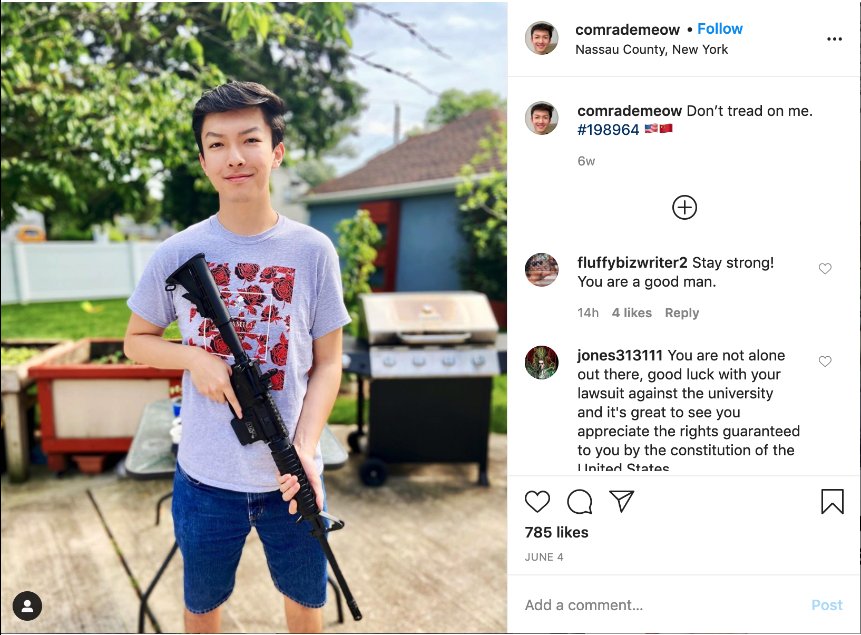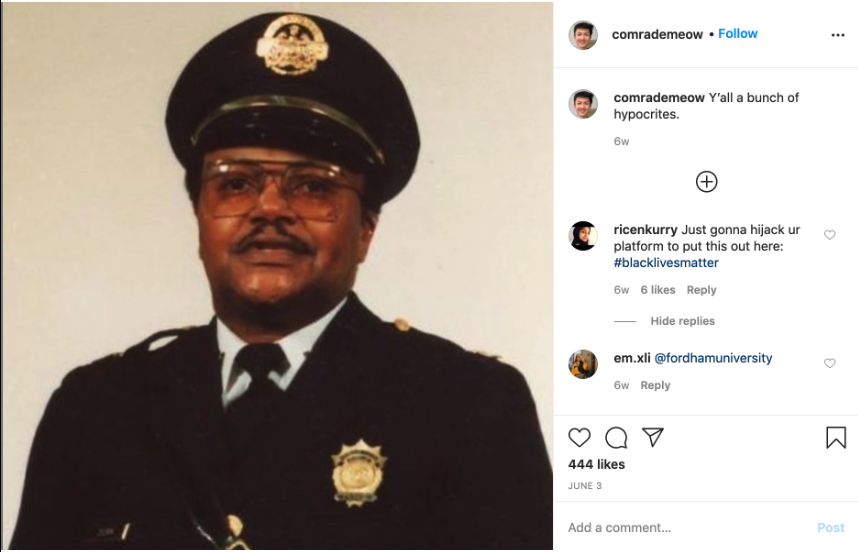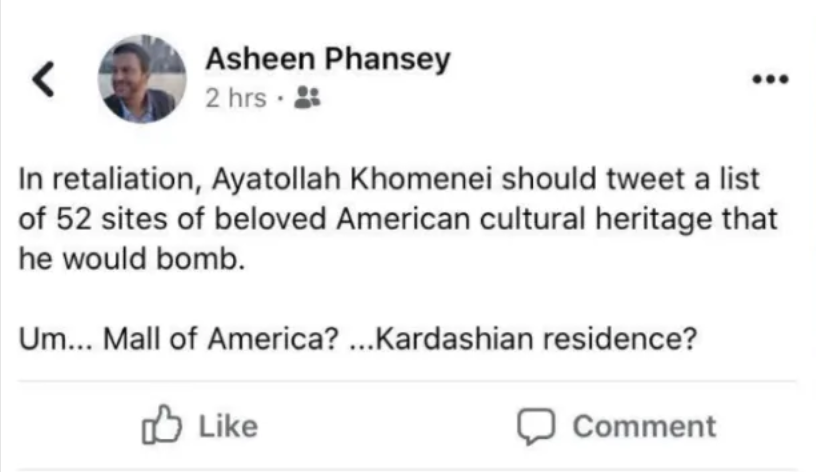
BREAKING:
A recording of an “Anti-Racist Rhetoric & Pedagogies” workshop acquired by FIRE raises alarm bells about the state of free expression and conscience at @UofOklahoma.
go.thefire.org/l/869921/2021-…
A recording of an “Anti-Racist Rhetoric & Pedagogies” workshop acquired by FIRE raises alarm bells about the state of free expression and conscience at @UofOklahoma.
go.thefire.org/l/869921/2021-…
@UofOklahoma “I, in this case, usually look for my students who might be, like, entertaining the idea of listening to a problematic argument. Then I say, ‘we don’t have to listen to that.’”
That’s right — even thinking about listening to a disfavored argument is apparently to be discouraged.
That’s right — even thinking about listening to a disfavored argument is apparently to be discouraged.
One instructor notes that if students use “derogatory remarks, critiques, and hate speech,” as well as “white supremacist ideas or sources,” she will call the student out.
And if it happens again, “report them.”
And if it happens again, “report them.”
Imagine being an OU student who is “reported,” presumably to the administration, simply for your choice of text to analyze or what sources you include in a bibliography.
Professors cannot abuse their power to require students to adhere to a particular viewpoint or ideology.
As FIRE’s Guide to First-Year Orientation and Thought Reform on Campus explains:
thefire.org/research/publi…
thefire.org/research/publi…

Watch the full video and take action: Demand that @UofOklahoma stop infringing on students' rights to free speech and conscience.
Full video:
Take action:
thefire.org/stop-talking-r…
Full video:
Take action:
thefire.org/stop-talking-r…
@UofOklahoma Update: The University of Oklahoma responded to our report today, noting the school’s commitment to free expression.
Their full response has been added to our report.
Their full response has been added to our report.

• • •
Missing some Tweet in this thread? You can try to
force a refresh









